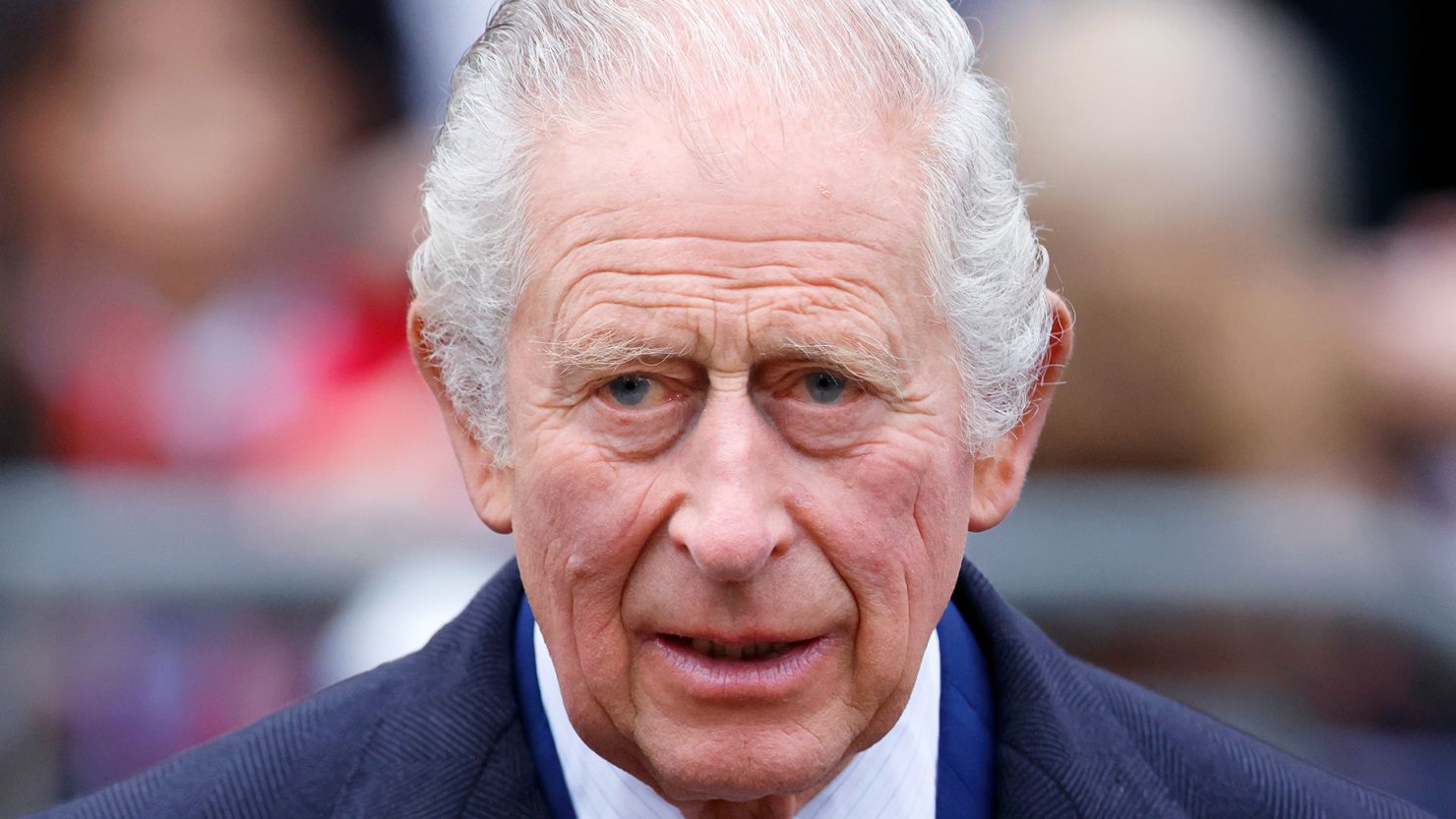
Everyone has experienced the urge. You’re in your car on a road trip when you suddenly feel a strong pressure in your bladder. The need to urinate becomes an inevitable interruption requiring a rush to a rest-stop bathroom. Such urges can even happen at night, disrupting vital sleep.
This rush is something that Britain’s King Charles III, admitted to a London hospital on Friday, might have encountered prior to his decision to undergo prostate surgery.
Why do I feel that pressure to pee?
Your kidneys produce urine. The liquid waste then travels down ducts called ureters to the bladder. Similar to an elastic balloon, it stretches to store urine. When it’s time to urinate, your bladder contracts to help release all the stored urine, which exits through the tubular urethra. In the male urinary tract, the urethra runs through a part of the reproductive system called the prostate and then through the penis.
As the body ages, factors like family history, lifestyle and hormonal changes can cause the prostate to enlarge. This common condition, known as benign prostatic hyperplasia, varies in severity, and it’s often noticeable around age 50.
Prostates can range in size from a walnut to larger than a baseball. All prostates grow, but not all prostates cause symptoms. Your primary care doctor or urologist can estimate the size through a digital rectal exam during routine screenings. Conducting an imaging test with ultrasound or MRI can also capture the prostate’s size.










